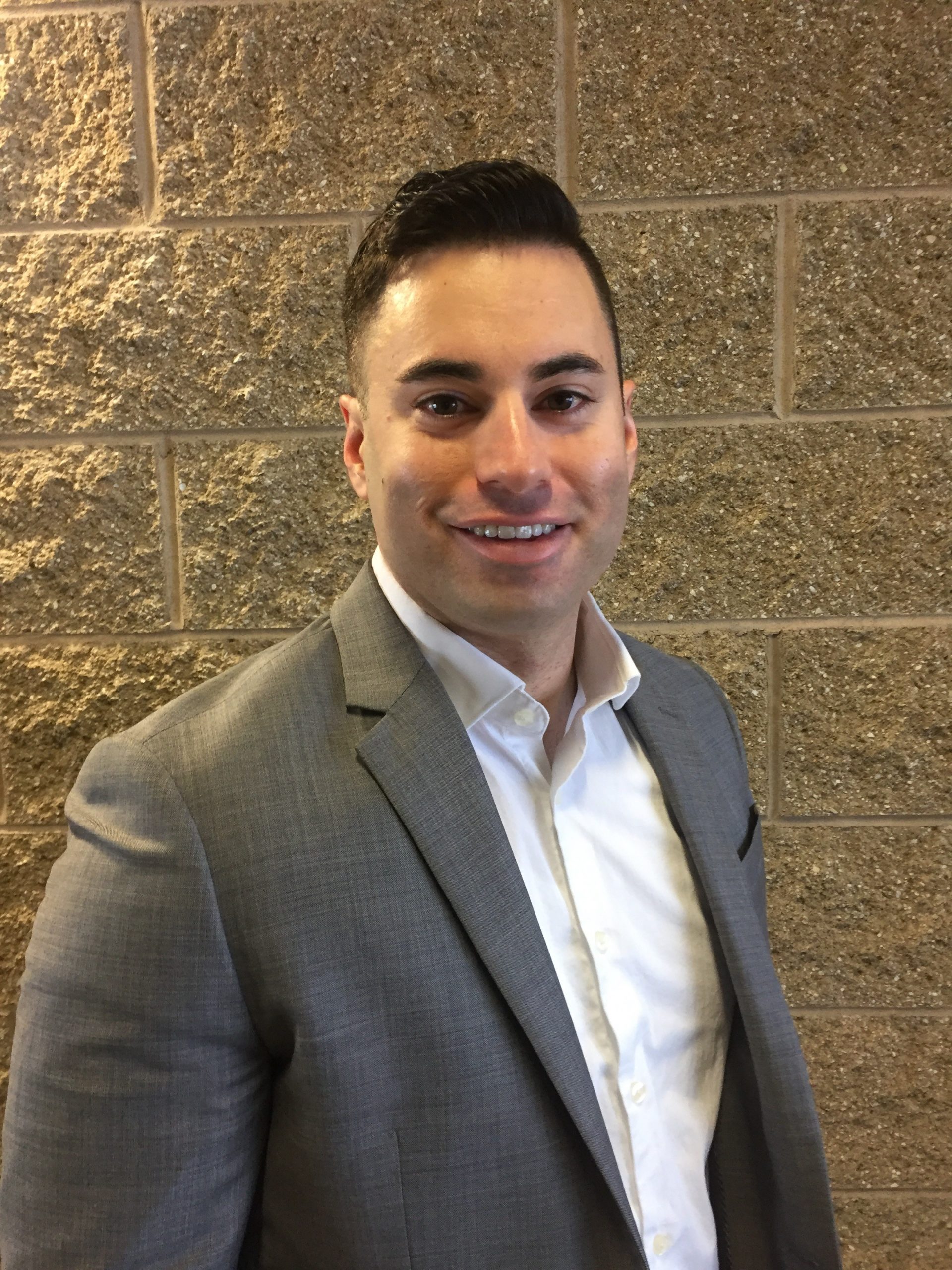Despite what stigma suggests, addiction is not a sign of weakness nor is it a moral failing. It is a chronic and relapsing medical condition that requires proper treatment. Substance use disorders (SUDs) are characterized by an inability to control your intake even when you are already suffering from its consequences.
Addiction is a complex and dangerous disease that affects not only the person’s mind and body, but also the lives of the people around them. It impacts their relationships, finances, career, and every other aspect of their personal life. It’s easy to see why so many people get overwhelmed by this condition, not knowing where to begin seeking help or if recovery is even possible.
As an addiction treatment provider, it is your job to show them that recovery is possible and that there are many treatment options available for them. Treatment can give them the tools, support, and structured environment they need to break the cycle of addiction. But they can’t do this if they don’t know your facility exists in the first place.
This is where addiction treatment marketing comes in.
Addiction treatment saves lives and marketing ensures that those who are dealing with this problem can receive the help that they need. Here, we will explore the importance of addiction treatment marketing and how you can implement it to save as many lives as possible.
Why is Marketing Addiction Treatment So Important?
In a world that is polluted by digital noise and misinformation, it’s not enough to just offer excellent care—you need to make sure people can find your treatment center, especially online. Proper digital marketing ensures that your patients can trust your rehab center before they even walk through your doors.
This is necessary because addiction is a growing crisis. While more and more people are developing SUDs, only a small fraction of them ever receive treatment. The gap exists because of stigma, denial, financial issues, and the lack of awareness regarding available treatment options.
Visibility Saves Lives
When someone is ready to seek help, every minute counts.
Marketing helps make sure that addiction treatment facilities show up when people do their research online. Whether through Google, AI-powered search tools, or social media, strong visibility ensures a center can be found at the exact moment someone is ready to take action.
Simply put, if your facility isn’t showing up in search results or local maps, the opportunity to intervene might go to another provider, or worse, be lost entirely. The last thing you want is for potential clients to change their mind about going to rehab.
Visibility is more than just digital placement. It’s about reviews, directories, video content, and presence in AI-generated responses. Someone looking for a rehab center may not know where to start, but clear, credible marketing can point them in the right direction.
It’s not all about reach—it’s about being accessible at a time when hesitation can mean relapse, overdose, or even death.
Trust is Earned Online
Those who are dealing with addiction as well as their family members don’t just want help—they want to know they can trust the people offering it. Trust is an important aspect of digital marketing especially in the addiction treatment industry because it dictates whether or not potential clients will feel comfortable enough to approach your facility for help.
Marketing your rehab center is all about building a digital footprint that reflects credibility, compassion, and results. Your campaign’s goal should be to establish your program as a trusted solution rather than just another option in a sea of competitors.
In many cases, your website and online presence are the first impression. If a parent finds your site hard to navigate, lacks testimonials, or feels vague about treatment offerings, they may move on.
On the flip side, if your marketing speaks to their struggles and hopes, they’re far more likely to reach out. Marketing is how treatment centers prove they’re trustworthy before the first call is even made.
Families Need Guidance
Speaking of families, addiction not only impacts the individual but also their loved ones. In fact, it’s usually a family member who is doing the research, calling, and asking the hard questions.
Marketing gives these families a roadmap towards recovery—which they need during this difficult time in their lives. Your marketing efforts should give value to them by educating them about topics they need to know about to support their addicted loved one.
Marketing can even provide emotional reassurance. When your messaging is empathetic and personalized, it lets families know they’re not alone—and that recovery is possible. At the end of the day, marketing in this field isn’t just about logistics; it’s about hope.
The Foundations of Digital Marketing for Treatment Centers
Marketing addiction treatment services isn’t like marketing other products because of the sensitive nature of this condition. It gets even trickier, knowing that the industry is also very competitive. To increase your chances of connecting with the people who need your services most, you need to have the right approach. Here are some of the most effective strategies marketing professionals use for rehab facilities:
Search Engine Optimization (SEO)
SEO is the foundation of organic visibility and is therefore one of the most important digital marketing strategies out there. It involves optimizing your website and content so that your treatment center appears higher in search engine results for relevant queries like “men’s alcohol rehab near me” or “drug detox for opioid addiction”.
Search engine optimization also includes on-page elements like keyword usage, meta tags, and mobile responsiveness, as well as off-page elements like backlinks and Google Business Profile (GBP) optimization.
For rehab facilities, local SEO is especially important because most people prefer rehab options that are closer to them. Keep in mind that this is a long-term strategy that may take a while to produce results organically. However, if you stick with it, it can bring high-quality traffic.
Pay-Per-Click (PPC) Advertising
PPC works great with SEO because it produces results faster. Pay-per-click advertising allows treatment centers to appear at the top of search results almost instantly by bidding on relevant keywords. Platforms like Google Ads and Microsoft Ads let you create targeted campaigns around relevant terms, but as the name suggests, you only pay when someone clicks on your ad.
This is a measurable and potentially high-ROI marketing channel. But the biggest benefit of PPC is its speed and control. Like SEO, it lets you reach people who are ready to take action. To use PPC right, use geo-targeting to focus on the right cities or states, write compelling ad copy with strong calls-to-action, and constantly A/B test headlines, landing pages, and budget allocation.
Content Marketing
Content marketing involves creating blogs, guides, videos, and other helpful resources to educate, inform, and build trust with your audience. For treatment centers, education is one of the best ways to combat stigma and encourage more people to get started on their rehab journey.
People researching treatment options often need to be convinced that your facility is safe, professional, and effective. Content marketing helps humanize your brand while providing the answers people are searching for. When you give value to the in this way, you also build trust and establish your facility as an authority figure in the industry.
It even works well with SEO as your content can serve as the vehicle for your keywords, improving your ranking while still reaping the benefits above. Use real stories, clinical expertise, and visual content to help your audience connect with it.
Also, plan content for each stage of the decision-making process—from awareness to commitment.
Social Media Marketing
In this digital age, you need to utilize the popularity of social media or else you will get left behind by your competitors. These social networking platforms allow you to stay connected with your audience while building brand presence and community engagement.
Social media can be used to share success stories, staff highlights, educational tips, and event updates. It’s a chance to show the human side of your treatment center and reduce the stigma surrounding addiction.
Platforms to consider:
- Facebook: Still dominant for reaching parents and families. Use organic posts and boosted content.
- Instagram: Great for visuals, behind-the-scenes, and quote graphics.
- YouTube: Use for virtual tours, staff intros, or explainer videos.
- LinkedIn: Connect with clinicians, referring professionals, and other facilities.
Social media helps you show people who you are behind the logo. It creates an emotional connection and fosters loyalty, even if someone isn’t ready to enter treatment right away.
To do it right, make sure you post consistently, use visuals like photos and videos, and engage directly with followers by answering questions and responding to comments. Consider using paid social ads to promote blog posts, open house events, or lead magnets like free consultation offers.
Email Marketing
Email marketing remains a powerful way to nurture leads and stay in touch with alumni, families, and referring professionals. With email, you can deliver updates, blog content, recovery tips, and promotional offers straight to someone’s inbox. It’s one of the most personal and direct channels available—and when used properly, it helps build long-term relationships.
Just be careful with how you use it, because emails can also feel invasive. The best way to use it is by personalizing your emails and only sending content that you think is relevant to their specific needs and interests.
Email marketing matters because not everyone converts on the first visit. It allows you to follow up, build trust over time, and re-engage users who might need your services later.
Ethical Considerations in Addiction Treatment Marketing
As we mentioned above, marketing addiction services is not like selling shoes or gym memberships. People are in crisis. Their families are scared. The wrong messaging can do real harm. This means ethical marketing is non-negotiable. Here are a few key principles every campaign must uphold:
Be Truthful
Honesty is the cornerstone of ethical marketing. Overpromising results, exaggerating success rates, or misrepresenting services may attract clicks, but it damages your credibility. It can even lead to lawsuits and other legal problems. Be clear and accurate about what your treatment center offers—and what it doesn’t. Not everyone benefits from every type of addiction treatment.
Avoid Fearmongering
Using scare tactics to drive inquiries may generate short-term results, but it’s manipulative and disrespectful. Addiction already comes with fear and stigma. Ethical marketing should offer hope, support, and facts—not amplify shame or panic to pressure someone into making a call.
Use Real Testimonials (With Permission)
Testimonials are powerful—but only when they’re authentic and ethically sourced. Using stock photos or fabricating stories can destroy trust. If you share a real person’s recovery journey, make sure you have their written consent, and respect their dignity by avoiding sensationalism.
Real-World Marketing Tips for Treatment Centers
Now that we’ve covered some of the most effective strategies, here are a few tips that can take your addiction treatment marketing efforts to the next level:
Track Everything
Successful marketers don’t guess—they measure. Use tools like Google Analytics, call tracking, and CRM systems to monitor which channels bring in leads and what messaging works best. This data helps you fine-tune your campaigns and spend your budget more efficiently.
Invest in Your Brand
A strong, trustworthy brand can set your treatment center apart in a crowded market. Invest in professional design, a clear mission statement, and high-quality content that reflects your values—it’s not just about your logos and colors. When people are making one of the most important decisions of their lives, they’ll choose the name they trust.
Build Referral Relationships
Some of the best leads come from personal recommendations. Build strong connections with therapists, hospitals, sober living homes, and even past clients. Make it easy for them to refer people by providing helpful materials, staying in touch, and showing appreciation for their trust.
Work with MasterMindSEO
The one thing you should remember if you want to reach your audience online is that addiction treatment marketing is about connection, not conversion. It’s not just about filling beds or boosting ROI—it’s about connecting with people in their most vulnerable moments and showing them that healing is possible.
Every blog post, ad, social media caption, and phone call is a chance to offer hope. If you focus on honesty, clarity, compassion, and helpfulness, your treatment center can become a beacon of trust, not just another business.
If you’re serious about reaching more clients and building a sustainable admissions pipeline, partnering with a specialized marketing team is an incredibly important decision.
MasterMindSEO has experience in performing digital marketing campaigns for e-commerce, national, regional and local businesses. Email or call and we will be happy to see how we can help your center get more leads and help more patients!
Ready to take your addiction treatment SEO to the next level? Want to rank your detox center on Google Maps? Let MasterMindSEO help you.


